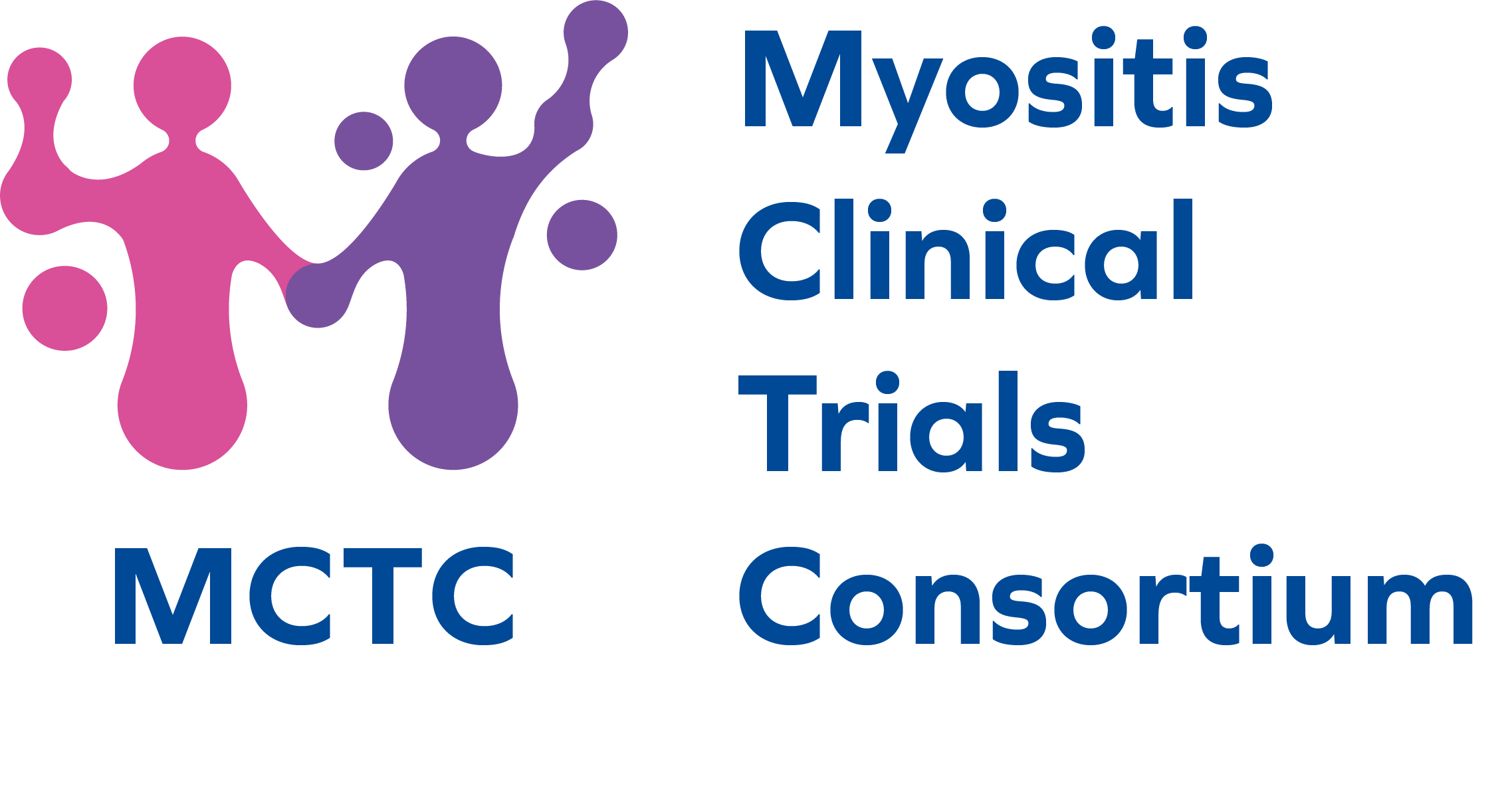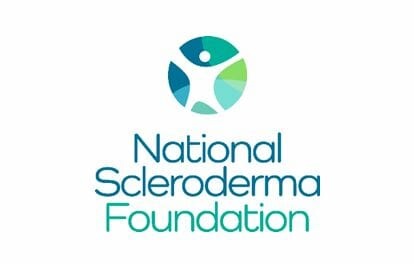ILD Day
What is ILD Day?
ILD Day is a special live webinar event held each September in conjunction with Pulmonary Fibrosis Awareness Month. The webinar focuses on interstitial lung disease (ILD) with a special emphasis on exploring some of the known causes, treatments, living well, and more. Hundreds of participants gather together on Zoom to watch a live webinar presentation by a leading expert in the field of ILD, followed by a live Q&A. This year, the webinar presentation will be about genetics.
ILD Day is hosted by 13 patient organizations. Each organization has been impacted by ILD — many of their own community members are living with ILD alongside other conditions. The organizations include: Pulmonary Fibrosis Foundation, Arthritis Foundation, Foundation for Sarcoidosis Research, The Myositis Association, Myositis Clinical Trial Consortium, Nori's Fight, PF Warriors, Scleroderma Foundation, Scleroderma Foundation of Greater Chicago, Scleroderma Research Foundation, Sjögren's Foundation, Team Telomere, and Wescoe Foundation for Pulmonary Fibrosis.

Meet the ILD Day 2025 speaker
Scott Matson, MD, University of Kansas
Dr. Matson studied medicine (MD 2013) at the University of Kansas School of Medicine. Following graduation, he completed residency and chief medical residency in internal medicine at the University of Colorado in Denver. He completed a combined pulmonary and critical care fellowship at the University of Colorado and National Jewish Hospital.
Quick Facts About Interstitial Lung Disease
Interstitial Lung Disease (ILD) is the umbrella term used for a large group of diseases characterized by inflammation and/or scarring in the lungs. The inflammation and scarring can injure the lungs, making it difficult to breathe and get oxygen to the bloodstream. Shortness of breath is a common symptom of ILD, along with dry persistent cough, fatigue and weakness, chest discomfort, "clubbing" of the fingertips, loss of appetite and unexplained weight loss.
Resources, information, and upcoming events
Use the drop drop-down menu below to discover useful information from each ILD Day participant.
Watch webinars from previous years
Breathing Better with Supplemental Oxygen
This one-hour webinar presentation will discuss why oxygen is a physiological problem with interstitial lung disease (ILD) and why supplemental oxygen is recommended. The webinar included important info about portable oxygen containers, how to get involved in oxygen advocacy initiatives, and where to find helpful information and resources.
Progressive Pulmonary Fibrosis: What Patients Need to Know
PPF is defined by progression, which means that fibrosis builds up over time, gradually causing worsening breathlessness and the need for increasing amounts of oxygen. Monitoring your ILD and detecting PPF early is important. Some patients will progress more slowly, and others will develop respiratory failure more quickly, with some becoming very ill within months or just a few years after their diagnosis.
The Journey to Diagnosis: Process, evaluation, and your care team
Drs. Sonye Danoff and Erin Wilfong talk about how doctors recognize the disease, finding the right treatments for you, your care team and the roles they have in your journey, and the importance of advocating for yourself.
Connective Tissue Disease, Sarcoidosis, and Interstitial Lung Disease
Joyce Lee, MD, MS, and Erin M. Wilfong, MD, PhD provide an overview of interstitial lung disease and some of the diseases that can lead to interstitial lung disease (ILD). ILD is the umbrella term used for a large group of diseases characterized by inflammation and/or scarring in the lungs. Patients with sarcoidosis and some connective tissue diseases (CTD) such as rheumatoid arthritis, scleroderma, dermatomyositis, polymyositis, and Sjögren's syndrome are at higher risk for ILD. Learn more about how interstitial lung disease (ILD) is diagnosed, and how some diseases may increase the risk of developing ILD.














